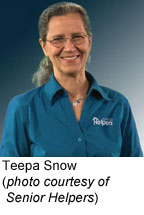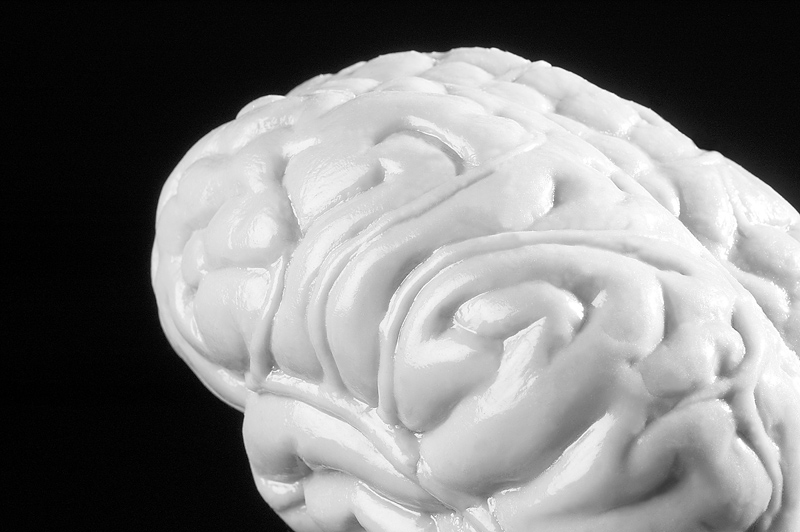
FRIDAY, Sept. 6 (HealthDay News) — After caring for people with dementia and Alzheimer’s disease for more than 30 years, occupational therapist Teepa Snow has gained a perspective on helping those with degenerative brain disorders that few others have.
Because “resistance to care is one of the biggest challenges you’ll see throughout all the stages of dementia,” Snow said, she’s learned ways to work around that resistance and teaches her clients how to help their loved ones without getting into battles over who’s in charge.
For example, cooking might be a big concern, particularly when a caregiver isn’t around.
“Someone with dementia keeps the desire to be in charge of what they do,” Snow said. “They think, ‘If I want to cook, I’ll cook. Don’t tell me not to cook.’ What an occupational therapist can do is help provide awareness to the caregiver about what skills the person with dementia still has. If it’s not safe for them to cook alone, then install a kill-switch for the stove out of site. They’ll think the stove isn’t working. And, when they can’t see what you’re doing, you can flip the switch to turn it back on.”
If people’s dementia is at a stage where they still have the skills to cook, let them cook when you’re around, she said, but being able to prevent it when you’re not there is an important safety measure.
Learning what’s going on in the brain at the different stages of dementia can be very helpful, Snow said, because once you understand those changes, it’s easier to alter the environment to make things easier for your loved one.
For instance, at some point, the brain loses the ability to properly judge depth. Caregivers may notice that their loved one isn’t able to put a cup on the table anymore, or that the person keeps falling on the same patch of carpet.
To help caregivers understand, Snow tells them to cover one eye and try to put their cup on the table. They’ll often miss the table, just as their loved one does, because covering one eye affects depth perception. And caregivers may learn that those swirls in the carpet pattern actually look as if they can be picked up, but when someone with Alzheimer’s bends over to try to pick one up, he or she falls.
It’s that kind of insider knowledge that led Snow, along with the in-home care provider Senior Helpers, to come up with a new classification system for people with Alzheimer’s or other forms of dementia, called Senior Gems. The standard system, she said, is based on number ratings, and numbers lead people to judgments — good or bad. So instead of numbers, she uses the characteristics of gems to describe the characteristics of someone with dementia or Alzheimer’s.
“People are special and precious, like gems,” noted Snow.
She calls someone in the end stage of Alzheimer’s a pearl. “It’s as if they’re trapped in a shell,” she said. “Caregivers worry about the shell, but they need to go for the gem and offer comfort.”
Snow said that she and other occupational therapists can offer a “fresh perspective” to what’s often a frustrating situation between caregivers and dementia patients.
“It’s hard for those of us with intact brains to understand what you would do if your brain was giving you false information,” Snow said. “You have to get on their side of the mirror, and when you do, you’ll find you can still connect. You can still have moments of joy. You won’t get a whole day, but you can have moments.”
More information
To learn how occupational therapy can benefit people with Alzheimer’s, click here.
Copyright © 2026 HealthDay. All rights reserved.

